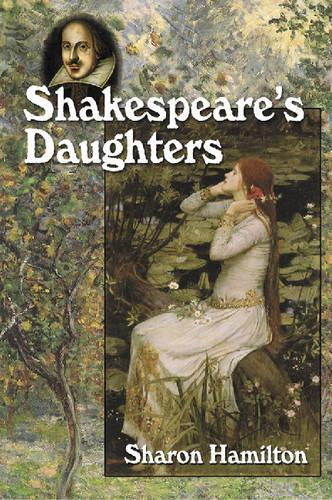Overview
The father-daughter relationship was one that Shakespeare explored again and again. His typical pattern featured a middle-aged or older man, usually a widower, with an adolescent daughter who had spent most of her life under her father's control, protected in his house. The plays usually begin when the daughter is on the verge of womanhood and eager to assert her own identity and make her own decisions, especially in matters of the heart, even if it means going against her father's wishes. This work considers Capulet in Romeo and Juliet as an inept father to Juliet and Prospero in The Tempest as an able mentor to Miranda; Hermia in A Midsummer Night's Dream, Jessica in The Merchant of Venice and Desdemona in Othello as daughters who rebel against their fathers; Hero in Much Ado About Nothing, Lavinia in Titus Andronicus and Ophelia in Hamlet as daughters who acquiesce; Bianca in The Taming of the Shrew and Goneril and Regan in King Lear as daughters who play cunningly the good girl role; Portia in The Merchant of Venice, Viola in Twelfth Night and Rosalind in As You Like It as daughters who act in their fathers' places; and Marina in Pericles, Perdita in The Winter's Tale and Corde
Full Product Details
Author: Sharon Hamilton
Publisher: McFarland & Co Inc
Imprint: McFarland & Co Inc
Dimensions:
Width: 15.20cm
, Height: 1.00cm
, Length: 22.90cm
Weight: 0.268kg
ISBN: 9780786415670
ISBN 10: 0786415673
Pages: 191
Publication Date: 08 April 2003
Recommended Age: From 18 years
Audience:
Professional and scholarly
,
College/higher education
,
Professional & Vocational
,
Tertiary & Higher Education
Format: Paperback
Publisher's Status: Active
Availability: Available To Order

We have confirmation that this item is in stock with the supplier. It will be ordered in for you and dispatched immediately.
Reviews
“a good starting point...recommended for public and academic libraries”—Library Journal; “an English teacher’s dream: a welcome, highly accessible companion to the study of the comedies, tragedies and romances”—The Exeter Bulletin.
a good starting point...recommended for public and academic libraries --Library Journal an English teacher's dream: a welcome, highly accessible companion to the study of the comedies, tragedies and romances --The Exeter Bulletin.
a good starting point...recommended for public and academic libraries --Library Journal; an English teacher's dream: a welcome, highly accessible companion to the study of the comedies, tragedies and romances --The Exeter Bulletin.
a good starting point...recommended for public and academic libraries --<i>Library Journal</i>; an English teacher's dream: a welcome, highly accessible companion to the study of the comedies, tragedies and romances --<i>The Exeter Bulletin.</i>
Author Information
Sharon Hamilton teaches electives in Shakespeare, English literature and cross-cultural literature at Buckingham Browne & Nichols School in Cambridge, Massachusetts. She lives in a suburb of Boston.




